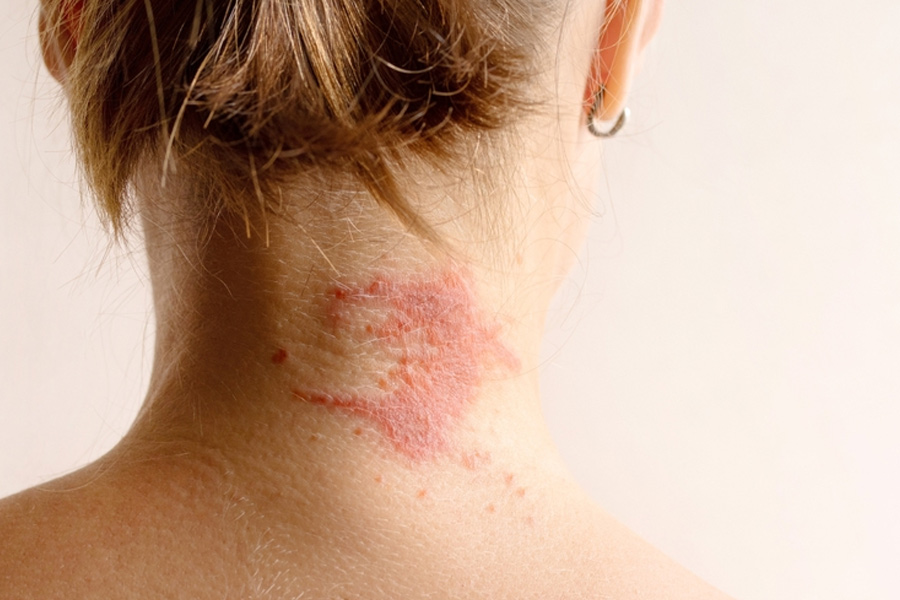
Coconut oil is long celebrated in the world of skincare and medicine for its antimicrobial, anti-inflammatory, and soothing qualities. Many people use it as a natural solution for mild allergic reactions, irritation, or rashes on the skin. However, although it can bring relief, applying coconut oil for skin allergies should be done with caution not to aggravate the problem.
Table of Content:-
In an exclusive interaction with the editorial team of Onlymyhealth, our expert, Dr Sanjeev Gulati, Department of Dermatology, Sharda Hospital - Noida, explained to us how to use coconut oil for skin allergy and here is what you need to know.
Why Coconut Oil Works for Skin Allergies
Coconut oil is rich in lauric acid, which has antibacterial and antifungal properties. It also acts as an emollient, locking in moisture and forming a protective barrier over irritated skin. For people with dry, itchy patches or mild eczema, coconut oil can calm inflammation and reduce discomfort.
Safe Way To Use Coconut Oil On Allergy
If you’re considering coconut oil for a skin allergy, here are some safe expert-apporved steps to follow:
1. Patch Test First
Apply a small quantity on the inner arm first and wait 24 hours. Discontinue immediately if redness, itching, or bumps develop. Some individuals are allergic to coconut itself.

Also Read: How To Recognise A Thunderclap Headache: Can It Be A Sign Of Stroke?
2. Use the Right Type
Dr Gulati recommended to always use organic, cold-pressed, virgin coconut oil. Refined or processed coconut oils might have additives that can irritate sensitive skin.
3. Apply on Clean Skin
Gently wash the area with lukewarm water and dry. Apply a small amount of coconut oil directly to the rash or irritated area. This seals the moisture in and prevents scratching.
4. Use Moderation
Remember the thumb rule that less is more. Excessive application can clog pores, particularly in those with acne. Apply once or twice a day, depending on the level of irritation.
5. Use in Combination with Medical Advice
Coconut oil might offer relief from minor skin allergies but not be substituted for doctor-recommended treatment for severe allergic reactions, eczema outbreaks, or infections. Consult a dermatologist if the symptoms don't go away or get worse.

When To Avoid Coconut Oil
Additionally, Dr Gulati emphasised that coconut oil does not neccesarily suit everyone. Therefore, it should be avoided by the following people:
- If you have a known allergy to coconuts
- On oozing, infected, or damaged skin without consulting a doctor
- For intense allergic reactions, which could involve antihistamines or topical steroids
Takeaway
Coconut oil is a mild, natural way to soothe skin allergies if applied properly. The secret is using pure oil, test-patching prior to use, and applying it sparingly. For minor irritation, it can return comfort and moisture, but for major skin issues, it should not be used as an adjunct to medical treatment.
Also watch this video
How we keep this article up to date:
We work with experts and keep a close eye on the latest in health and wellness. Whenever there is a new research or helpful information, we update our articles with accurate and useful advice.
Current Version